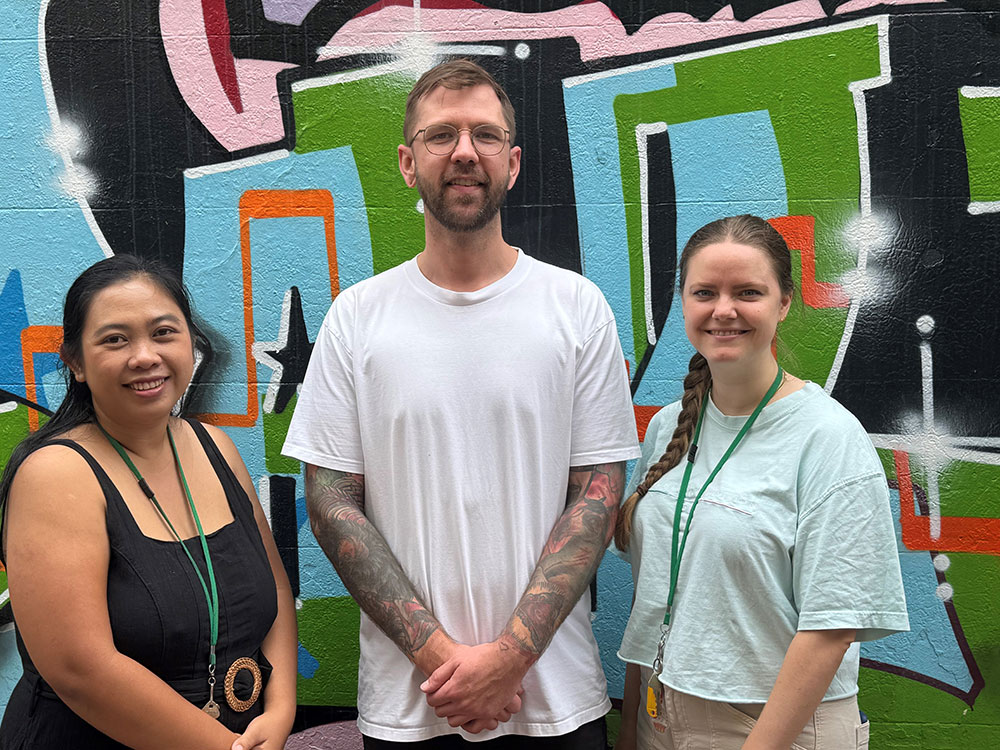The Malinauskas Labor Government is expanding eligibility for a range of household concessions for South Australians living in shared rental accommodation from 1 January, providing greater cost-of-living relief.
A 2023 Concessions Review, commissioned by Human Services Minister Nat Cook, identified thousands of people living in shared accommodation settings were missing out on concessions because of the income of their housemate or their type of tenancy agreement. This included those whose household relied in part on a Centrelink income.
Under existing criteria, renters in shared accommodation can lose access to the energy concession if a housemate has an annual income as low as $3,000 and miss out on the Cost-of-Living Concession (COLC) if their housemate earns more than $24,000.
The changes, which come into effect from 1 January 2025, will see the co-resident income assessment scrapped, unlocking eligibility for renters who have previously not been eligible due to their housemate’s income.
For example, an Age Pensioner who has an adult child move back into the home, under current arrangements, could lose access to some of their concessions, even if their child only works part-time.
Supported Residential Facilities and rooming houses, which are required to have relevant written tenancy agreements, can currently only have one person claiming the COLC, despite almost all residents being on low incomes.
The Malinauskas Labor Government has delivered improvements to its concessions program every year since the 2022 election to deliver more financial relief to more South Australians.
As part of a $115 million concessions boost in the 2024-25 State Budget, a bonus COLC payment of $243.90 was made to about 212,000 households in June. The Budget also permanently doubled the COLC for renters and self-funded retirees who now get the same as homeowners. These higher payments started in August.
Applications for the 2025/26 Cost-of-Living Concession will be assessed on circumstances as at 1 July and paid in August. People can find out more information by calling the Concessions Hotline 1800 307 758 or visiting .
As put by Nat Cook
We’re making eligibility for household concessions simpler, fairer and more consistent.
South Australians on low incomes have missed out on certain concessions for years because of the type of home they lived in or who they lived with – from 1 January we’re making this fairer.
We know lots of people are doing it tough but low-income renters have really felt pressure and our government has taken steps to provide cost-of-living relief by permanently doubling the COLC, in line with what homeowners receive.
We’ve put around a quarter of a billion dollars extra into concessions since the 2022 election with the biggest areas being the Cost-of-Living Concession and help with energy bills.
As put by Lucy Hood
We know adult kids are living at home longer, that shared accommodation can reduce living costs and that boarding houses are crucial for those experiencing or at risk of homelessness. That shouldn’t mean parents or renters on fixed or low-incomes, or those accessing transitional housing, should miss out on support.
Which is why I’m thrilled these common-sense changes by the Malinauskas Government will soon come into effect, ensuring those that need it most have access to cost of living relief.
As put by Karen Aistrope, CEO, Carrington Cottages
Carrington Cottages is thrilled that the Labor Government has expanded its eligibility criteria for the cost-of-living concession to include individuals living in transitional accommodation, boarding houses, and group dwellings alike.
Across our buildings alone, we support 103 rooms for individuals, couples, and pets experiencing homelessness on low-income thresholds, who were previously excluded due to sharing the same address, leaving them without crucial financial support.
For our tenants this support will enable them to stock their pantries, purchase household items, pay bills, buy clothing, and restore dignity while they await affordable housing.
The previous system overlooked many individuals in need. This change is a vital step toward supporting our most financially vulnerable community members, and we and our industry partners wholeheartedly applaud this government initiative.








